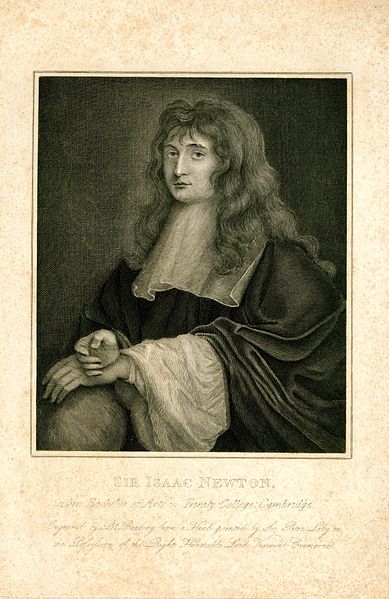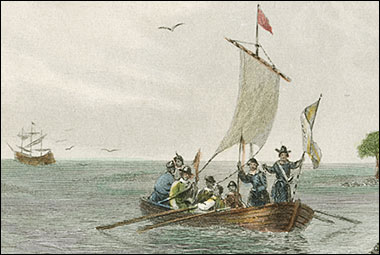Het arrangement The development of the English language is gemaakt met Wikiwijs van Kennisnet. Wikiwijs is hét onderwijsplatform waar je leermiddelen zoekt, maakt en deelt.
- Auteur
- Laatst gewijzigd
- 05-02-2012 20:48:26
- Licentie
-
Dit lesmateriaal is gepubliceerd onder de Creative Commons Naamsvermelding 3.0 Nederlands licentie. Dit houdt in dat je onder de voorwaarde van naamsvermelding vrij bent om:
- het werk te delen - te kopiëren, te verspreiden en door te geven via elk medium of bestandsformaat
- het werk te bewerken - te remixen, te veranderen en afgeleide werken te maken
- voor alle doeleinden, inclusief commerciële doeleinden.
Meer informatie over de CC Naamsvermelding 3.0 Nederland licentie.
Aanvullende informatie over dit lesmateriaal
Van dit lesmateriaal is de volgende aanvullende informatie beschikbaar:
- Toelichting
- This lesson contains a video, made available by the Open University, about the history of the English Language. Each chapter is accompanied by specific questions and at the end there is an essay assignment. The goal is to introduce students to the history of the english language.
- Leerniveau
- VMBO gemengde leerweg, 2; VMBO kaderberoepsgerichte leerweg, 1; VWO 2; VO; VMBO kaderberoepsgerichte leerweg, 2; VMBO basisberoepsgerichte leerweg, 4; VMBO gemengde leerweg, 3; VMBO basisberoepsgerichte leerweg, 1; VMBO theoretische leerweg, 1; HAVO 4; HAVO 1; VMBO theoretische leerweg, 4; VWO 6; VMBO gemengde leerweg, 1; VMBO theoretische leerweg, 2; VMBO basisberoepsgerichte leerweg, 2; VWO 1; HAVO 3; VWO 3; HAVO 5; Praktijkonderwijs; VWO 4; VMBO theoretische leerweg, 3; VMBO basisberoepsgerichte leerweg, 3; VMBO kaderberoepsgerichte leerweg, 4; HAVO 2; VMBO gemengde leerweg, 4; VWO 5; VMBO kaderberoepsgerichte leerweg, 3;
- Leerinhoud en doelen
- Engelse taal en cultuur;
- Eindgebruiker
- leraar
- Moeilijkheidsgraad
- gemiddeld
- Studiebelasting
- 0 uur 50 minuten
- Trefwoorden
- development english language history
Bronnen
| Bron | Type |
|---|---|
|
Video Chapter 1 http://youtu.be/OI5uekd517s |
Link |
|
Video Chapter 1 http://youtu.be/r9Tfbeqyu2U |
Link |
|
Video Chapter 2 http://youtu.be/1B8TwBrCIEY |
Link |
|
Video Chapter 3 http://youtu.be/BMkuUADWW2A |
Link |
|
Video Chapter 4 http://youtu.be/kN7-EvgKAsk |
Link |
|
Video Chapter 5 http://youtu.be/YVDmFVx8O_A |
Link |
|
Video Chapter 6 http://youtu.be/ES3qDORQjAA |
Link |
|
Video Chapter 7 http://youtu.be/c7W7UgFxri8 |
Link |
|
Video Chapter 8 http://youtu.be/rbvumrknAKs |
Link |
|
Video Chapter 9 http://youtu.be/OPltpdu9KGM |
Link |
|
Video Chapter 10 http://youtu.be/70KHDbLmr_I |
Link |














